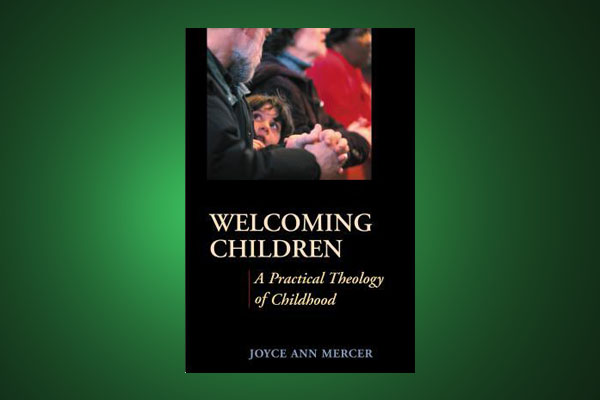
Whoever Welcomes One Such Child
"Children in the gospel of Mark" (p. 43-70) in Joyce Ann Mercer, Welcoming children, A practical Theology of Childhood (2005).
Continuing my study on a Theology of Children, I read a chapter in the book of J.A. Mercer. The book as a whole is certainly worth reading, but for now, let me look at how the author interprets Mark in this chapter.
Mercer interprets Mark’s gospel as a counter-narrative against the dominant story of the Roman empire while at the same time acting against the substitution of this power by a “replacement hierarchy” (p. 49). Part of Mark’s agenda is the rejection of all domination “including moves from the formerly powerless to take on power (…)” (p. 60) This is the context in which the stories of the children are told.
J.A.Mercer does not want to assume an ontological definition of a child as e.g. accepting that they spontaneously and naturally accept the reign of God (which would be a reading of Marc through the Matthean version)(p. 53). She is not asking the question “what the gospel tells us about children, but how children appear in the Gospel".
In Mark children appear multifaceted: dirty or sick as well as blessed. “We must also include children who are poor and dirty, (…) children who live as if crazed by experiences of exploitation and colonization—in short, children who appear to be anything but divine gifts.” (p. 63)
In the stories such as a Spirit-possessed boy (9:14-21) and a Spirit-possessed girl (7:24-30) adults are not the only acting agents, but also children are agents. The stories make clear that the reign of God Jesus proclaimed also concerns children.
Entering the kingdom of God comes from solidarity with the lowliest and most vulnerable ones, the category to which children in ancient Palestine belonged. Mark presents children not only as agents but also as persons through which God’s reign becomes manifest.
Mercer finishes the chapter by indicating clues for s theology of childhood. In Mark’s version, children get a leading role in the struggle of walking with Jesus or following the way of the Roman empire. They also make us understand better right relations with respect to status and power in the reign of God.
Further, looking at contemporary images of children, the story of Mark is also a counter-narrative, since it resists the easy view as “children as gift”. In Marc children are sic, possessed, poor and “in the way” (p. 66) However God has a purpose with the children, since one gets to know God through them. Indeed Jesus says that who welcomes a child, welcomes him and by doing so, he welcomes the one who has sent Jesus (Mk 9:37). (p. 66)

